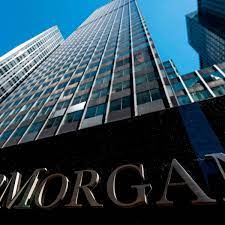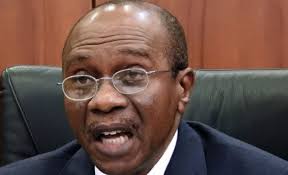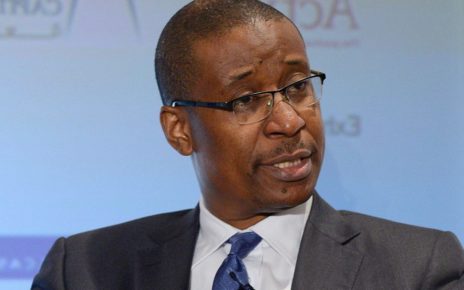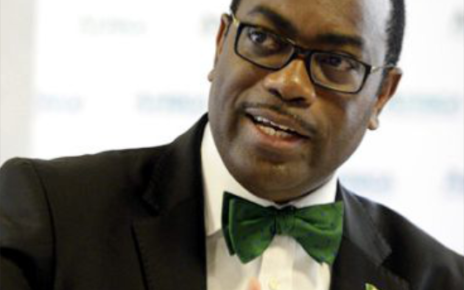Barely a week after the Central Bank of Nigeria (CBN) projected that Nigeria’s economy would record between 2.5% and 3% GDP growth by year end, JP Morgan, a global banking giant, has predicted that the economy may not record more than half of the apex bank’s projection, estimating that it may record a mere 1.5% GDP growth this year.
The estimate was projected in an email by JPMorgan Chase Bank NA analysts, including Gbolahan Taiwo and Ayomide Mejabi, sourced by Bloomberg on Wednesday.
The analysts linked the predicted low growth rate of nation’s economy this year to “continued lack of foreign-exchange liquidity, underlying economic weakness, an emerging third wave of Covid-19 infections and a slow rollout of vaccines will likely slow the recovery process.”
JP Morgan’s estimates are lower than International Monetary Fund’s (IMF’s) which in April revised its global growth outlook to 6% in 2021 and 4.4% in 2022, after an estimated historic contraction of -3.3% in 2020 due to the effects of the COVID-19 pandemic.
The IMF then projected that Nigeria was expected to grow by 2.5% in 2021 and 2.3% by 2022, while South Africa’s growth estimates were 3.1% in 2021 and 2.0% in 2022..
Last July, the Minister of Finance, Budget and National Planning, Mrs. Zainab Ahmed, at the Public Consultation on the Draft 2022 to 2024 Medium Term Fiscal Framework and Fiscal Strategy Paper, had said the Nigerian Government was expecting the nation’s economy to grow by 4.2% in 2022.
She projected: “Inflation rate, which was planned for 11.95% in 2021, has been reflected in reality because the exchange rate is high. The average we have so far is 15%.
“We are expecting 2022 to go down slightly to 13%, then 11% in 2023, and 10% in 2024. The exchange rate of the Naira to the dollar, which was N379 in the 2021 budget, has been adjusted to the NAFEX rate of N410.15 to one US dollar. We are assuming, for now, the same rate for 2022, 2023, and 2024”, the minister added.
The CBN Governor, Godwin Emefiele, had, at 14th annual Chartered Institute of Bankers of Nigeria (CIBN) banking and finance conference held on September 15 in Abuja, projected that “with continued improvements in the economy, I am optimistic that by the end of the year, our economy will not only close the output gap brought about by the 2020 recession but that we would end the year with an annual GDP growth of between 2.5 – 3.0 percent up from -1.92 percent in 2020.
Meanwhile, Nigeria’s Gross Domestic Product (GDP) grew by 5.01% (year-on-year) in real terms in the second quarter of 2021, marking three consecutive quarters of growth following the negative growth rates recorded in the second and third quarters of 2020. The Q2 2021 growth rate also represented the strongest growth the economy recorded since the fourth quarter of 2014.
Year to date, real GDP grew 2.70% in 2021 compared to -2.18% for the first half of 2020. Nevertheless, quarter on quarter, real GDP grew at -0.79% in Q2 2021 compared to Q1 2021, reflecting slightly slower economic activity than the preceding quarter due largely to seasonality.




